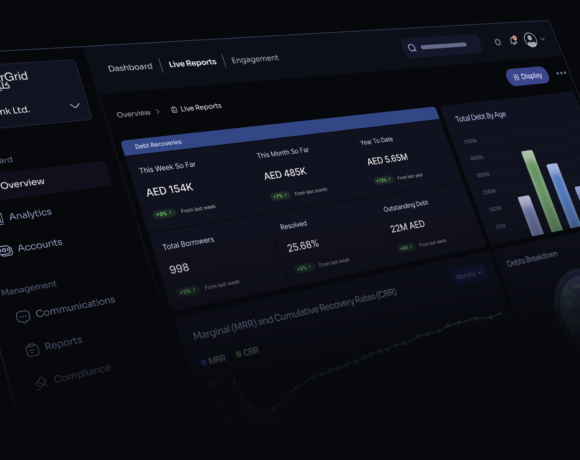GCC businesses urged to adapt to changing employee expectations

Personalisation, empowerment, well-being seen as key
In a rapidly evolving workforce landscape, Gulf Cooperation Council (GCC) businesses urgently need to adapt to changing employee expectations. A white paper by Zurich International Life highlights three critical pillars—personalisation, empowerment, and well-being—reshaping employee benefits and engagement strategies. As organisations vie for top talent, these pillars are not merely enhancements but strategic necessities that require immediate attention.
The GCC workforce is undergoing significant transformation, driven by a shift in employee priorities, particularly among younger generations who demand greater flexibility and control over their work-life balance.
Traditional benefits packages are increasingly considered insufficient, with employees indicating a strong preference for customisable benefits catering to their unique needs, such as flexible working hours, remote work options, or health and wellness allowances. For instance, 63% of employees in the UAE believe organisations should offer tailored benefits rather than those based solely on job roles.
However, a significant gap exists. Despite high expectations, only 38% of employees feel their opinions regarding benefits are genuinely considered. This gap underscores a critical opportunity for employers to foster a more inclusive dialogue about benefits offerings, an essential aspect of employee engagement.
Redefining job roles
As technological advancements, particularly AI, redefine job roles, organisations must prioritise continuous learning and development. Employers are urged to invest proactively in upskilling their workforce, ensuring employees are equipped with the necessary technical skills and the confidence to adapt to ongoing changes.
The white paper also reveals that employees are eager to embrace these changes, emphasising the need for a supportive workplace culture that empowers them to thrive amidst evolving industry demands.
Central to this discussion is the growing recognition of employee wellbeing as a fundamental aspect of engagement. Employees now seek comprehensive support that transcends traditional health benefits, demanding holistic mental and physical health approaches.
Companies prioritising these initiatives can significantly enhance employee satisfaction, retention, and attraction. Studies show that well-being strategies positively impact over two-thirds of employees, instilling a sense of optimism about the potential benefits.
Zurich’s report also illuminates the specific benefits that are most in demand. Financial security remains paramount, with employees expressing a strong interest in workplace savings plans, child education allowances, and mental health support.
The challenge, however, is that many of these needs are currently unmet, underscoring the necessity for organisations to reassess their benefits offerings. In the UAE, for example, 31% of employees wish to receive workplace/retirement savings benefits that are not currently provided.
Post-pandemic scenario
Moreover, the post-pandemic world has shifted perceptions around flexibility. Employees are increasingly seeking arrangements that allow them to customise their compensation packages. Nearly half of employees across the GCC express a desire for flexibility in their benefits and salary structures, highlighting the empowering nature of choice in contemporary work environments.
Employers are encouraged to clearly define flexible work styles and benefits within their policies to meet the expectations of today’s workforce.
In addition to flexibility, empowerment is critical in creating a positive workplace culture. Employees who feel valued and heard are likelier to demonstrate higher job performance and commitment to their organisations.
With a significant proportion of younger employees feeling sidelined due to lack of experience or their ideas not being accepted, fostering an environment where all employees feel empowered to contribute is essential.
As the GCC workforce evolves, organisations that embrace personalisation, empower their employees, and prioritise wellbeing are best positioned to attract and retain top talent. Zurich’s study is a crucial blueprint for businesses aiming to enhance employee benefits strategies.
By actively listening to their workforce and adapting to meet their needs, employers can cultivate a resilient and engaged workforce, ensuring they remain competitive in the quest for talent and paving the way for a brighter future.
For organisations in the GCC, the call to action is clear: the future of work is not just about adapting to change but about leading the way with innovative, employee-centric benefits strategies.
Featured image: Employees are increasingly seeking arrangements to customise their compensation packages. Credit: Fatehmeh Rezvani
Last Updated on 5 months by News Desk 2












